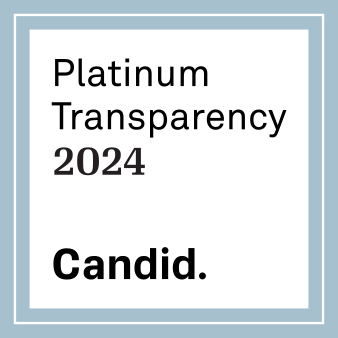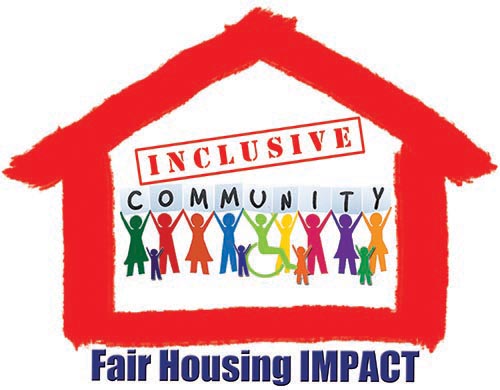 | Miami Valley Fair Housing Center |  | |||||
| info@mvfairhousing.com | ||||||
 |
About the Inclusive Community Fund
The Miami Valley Fair Housing Center’s Inclusive Community Fund (ICF) was launched in December 2013 as an effort to reinvest in Miami Valley neighborhoods of color and to counteract the devastating damage resulting from the foreclosure crisis and its aftermath. To learn more about how and why MVFHC created the ICF, read the article about ICF’s launch.
To learn more about how and why MVFHC created the ICF, read the article about ICF’s launch.
Initially the ICF is focusing on two ZIP codes in the Dayton area that encompass communities of color that have experienced the highest numbers of foreclosures over the past three years: ZIP code 45417 in the City of Dayton and ZIP code 45426 in the City of Trotwood.
In addition to Quality of Life neighborhood grants and a capacity-building initiative with the Wesley Community Center, ICF is offering help in the following programs with the following partners.
Please do not contact program partners directly. If you live in ZIP codes 45417 or 45426 and seek assistance under one of these programs, please complete our referral request form.
Down Payment Assistance
In cooperation with the HomeOwnership Center of Greater Dayton, the goal of this program is to work to stabilize home values and encourage new investment by owner-occupied residents. Through this partnership, the ICF will provide up to a 20% equity contribution in the form of down payment assistance with a target of providing funding for approximately fifty homes. Highlights of this partnership include terms that allow for minimum borrower contribution, no mortgage insurance coverage requirements due to 20% down payment, up to 80% Loan to Value ratios, 30-year fixed rate amortization, and borrowers’s income at or below 200% of HUD’s Average Median Income (AMI) for Montgomery County, Ohio (approximately $120,400 for a family of four).
Critical Home Repair/Rehabilitation
Working with Habitat for Humanity of Greater Dayton, this program is targeted to existing single-family owner-occupied homes, with special emphasis on reaching seniors and veterans to provide extensive interior or exterior work to alleviate critical health, life and safety issues or code violations. Repairs will be made using grants, backed by five-year silent subordinate mortgages, 100% of which will be forgiven if the owners have stayed in their homes for 60 months. Eligibility is limited to homeowners who are at or below 200% of AMI.
House Repair/Rehabilitation
In conjunction with partners Rebuilding Together Dayton and People Working Coooperatively, this program is targeted to existing single-family owner-occupied homes whose owners’s income is at or below 200% of AMI. Repairs will be made using grants, backed by five-year silent subordinate mortgages, 100% of which will be forgiven if the owners have stayed in their homes for 60 months.
Accessibility Modifications
Also in conjunction with Rebuilding Together Dayton, this program is targeted to existing single-family owner-occupied homes whose owners are disabled or elderly and need modifications to their homes to enable them to age in place an dto more fully use and enjoy their residences (examples include installation of aluminum modular ramps for people who use wheelchairs, bathroom modifications, installation of grab bars, etc.). Eligibility is restricted to homeowners whose income is at or below 100% of AMI. Repairs will be made using grants, backed by five-year silent subordinate mortgages, 100% of which will be forgiven if the owners have stayed in their homes for 60 months.
Home Improvement Loans
In cooperation with CountyCorp, this program is targeted to existing single-family owner-occupied homes. This program is different from the repair/rehabilitation programs in that under this program, repairs are not emergencies but rather improvements such as additions, energy-efficient upgrades, right-of-way improvements, exterior improvements, or interior improvements such as kitchen and bath upgrades. These examples of home improvements are not all-inclusive, and therefore CountyCorp may be required to determine eligible improvements on a case-by-case basis.
Privacy Policy
Copyright 2003–2026 Miami Valley Fair Housing Center, Inc.
